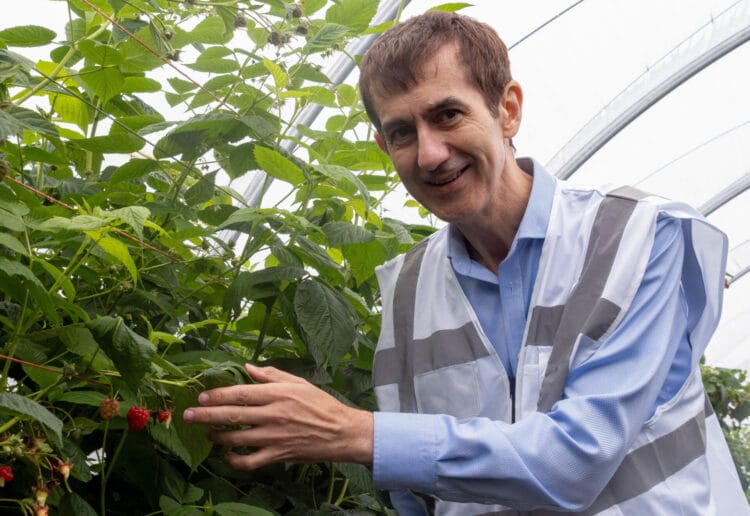Reading-based agricultural technology start-up firm BigSis has been named as one of financial media firm Bloomberg UK’s 25 Startups to Watch.
From more than 1,500 applications received, BigSis was one of just 25 startups to feature in the inaugural list compiled by Bloomberg.
The firm said the final selection represents the most innovative, new UK businesses: those that are growing fast, working on something truly unique, and which demonstrate their commitment to diversity.
Founder and CO Glen Slade said: “I’m truly thrilled by our inclusion as one of these 25 companies.
“To have been selected from what was undoubtedly an impressive bank of entries is a great vote of confidence in the value of our work to reduce chemical insecticide usage and surely reflects BigSis’ unique and innovative approach to this problem.”
Founded in 2017, BigSis has harnessed AI and robotics in its quest to help farmers control insect pests without the use of harmful pesticides.
Its in-house technology has automated the individualised rearing of sterile male insects as a means to produce millions of them.
These can be released into a crop, where they mate with wild females, which then produce no offspring. This prevents the rapid increase in pest populations that leads to crop damage.
Farmers subscribe to a season-long service, with BigSis taking care of insect releases and crop monitoring.
“Glen added: The beauty of our system is that it’s species-specific, non-toxic, non-GMO, and demands minimal regulation.
“Despite its minimal impact on the environment, BigSis solutions are capable of outperforming chemical insecticides in many agricultural and horticultural crops, with further opportunities in pest control for public health.”
The company’s current production plant is located within its headquarters in Reading but the individualised insect rearing technology was designed to be easily scaled up by replicating the processing units.
BigSis’ business model is to build its automated production facilities in each country or state where there is demand.
“There’s enormous scope for our solutions in crops worldwide.
“As regulatory pressure increases on chemical insecticides, we aim to facilitate producers to pivot towards regenerative practices and meet consumers’ demand for ‘greener’ food.”























